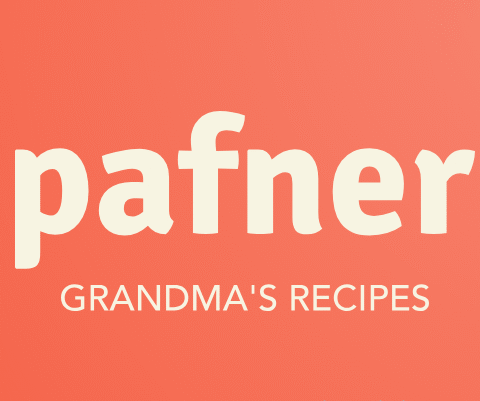In the age of global culinary exploration, some foods — no matter how common or beloved in certain cultures — are banned in other countries due to health risks, environmental concerns, ethical issues, or legal restrictions. While some of these bans protect public health, others reflect deep cultural and environmental values.
Here are some of the most controversial, prohibited, and shocking foods banned worldwide, and why they’ve sparked global debate.
1. Foie Gras
Banned In: India, California (U.S.), and some European countries
Foie gras is considered a luxury food item made from the fatty liver of ducks or geese, typically enlarged through force-feeding. The practice, known as gavage, has drawn widespread criticism from animal rights groups due to its cruelty.
🔍 Why Banned?
Animal cruelty concerns and ethical farming violations.
✅ Alternatives: Plant-based foie gras or cruelty-free pâtés are gaining popularity, especially in vegan markets.
2. Kinder Surprise Eggs
Banned In: United States
Yes, these beloved chocolate eggs are banned in the U.S. — not because of the chocolate itself, but due to the non-edible toy inside. American food regulations strictly prohibit embedding non-food items inside food due to choking hazards.
🔍 Why Banned?
Risk of choking in children and non-compliance with U.S. FDA regulations.
✅ Workaround: Kinder Joy, a split-package version, is allowed and widely available in U.S. stores.
3. Sassafras Oil
Banned In: United States and parts of Europe
Once a common ingredient in root beer, sassafras oil contains safrole, a compound linked to liver damage and cancer in lab animals. It’s also used illicitly to produce MDMA (ecstasy), which raises concerns with drug enforcement agencies.
🔍 Why Banned?
Classified as a potential carcinogen and linked to illegal drug production.
✅ Note: Synthetic versions of root beer no longer use sassafras oil.
4. Fugu (Pufferfish)
Banned In: European Union
A Japanese delicacy, fugu is famous for its dangerously high levels of tetrodotoxin, a potent neurotoxin that can kill if not prepared correctly. Only certified chefs are allowed to handle it in Japan.
🔍 Why Banned?
Extreme poisoning risk; there is no known antidote.
✅ Fun Fact: In Japan, chefs must train for years and pass rigorous exams to serve fugu legally.
5. Raw Milk (Unpasteurized Milk)
Banned In: Canada, Australia, and parts of the U.S.
While some claim raw milk has better flavor and more nutrients, it poses serious health risks due to potential contamination with E. coli, salmonella, and listeria.
🔍 Why Banned?
Risk of serious foodborne illnesses and lack of regulation.
✅ Legal Gray Areas: Some U.S. states allow raw milk sales under strict guidelines.
6. Shark Fin Soup
Banned In: Several U.S. states, Canada, and parts of Asia
A delicacy in Chinese cuisine, shark fin soup is controversial due to the brutal practice of shark finning, which involves removing fins and discarding the rest of the animal at sea.
🔍 Why Banned?
Endangered species protection and environmental conservation.
✅ Eco-Friendly Options: Plant-based alternatives and faux shark fin are gaining traction.
7. Haggis (Traditional Scottish Recipe)
Banned In: United States (if made with sheep lung)
Traditional haggis includes sheep’s lung, which the U.S. Department of Agriculture banned due to concerns over food safety and contamination during slaughter.
🔍 Why Banned?
Use of banned animal organs deemed unfit for human consumption.
✅ Modified Recipes: Lung-free versions are available and legal.
8. Casumarzu (Maggot Cheese)
Banned In: European Union (but still available illegally in Sardinia)
This traditional Sardinian cheese contains live maggots, which help ferment the cheese but can also pose health risks if consumed after the larvae die.
🔍 Why Banned?
Food safety concerns, including parasite and bacterial risks.
✅ Underground Status: Some locals consider it a heritage food and defy the ban.
🌍 Bans Reflect Values, Not Just Health Risks
The global ban of these foods reflects a complex balance between public health, environmental sustainability, and cultural ethics. Whether it’s a matter of legal food regulation, animal welfare, or consumer safety, knowing what’s banned — and why — can help travelers, food lovers, and health-conscious consumers make informed choices.
✅ Stay Informed Before You Eat:
- Always check import restrictions when traveling with food.
- Read up on food safety laws in your country.
- Support sustainable and ethical food production practices.
Would you like this adapted into a Facebook carousel, short Crayo video, or infographic script?





